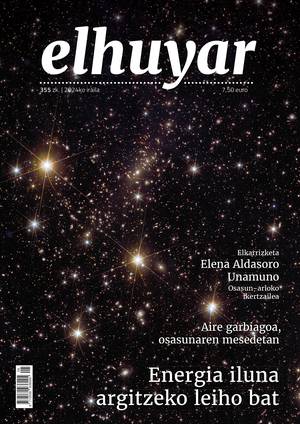Rabies and genetic engineering
According to Belgian and French researchers, the large-scale rabies vaccination campaign has been carried out successfully. The first campaign took place in Belgium in 1987. A small area (600 hectares) was selected and a recombinant inserter virus was used. The virus is from bovine smallpox and it has introduced a gene that produces a protein external to the rabies virus.

The methodology has sufficiently demonstrated that the recombinant virus located in the food was distributed by helicopter in three different periods (November 1989, April and October 1990) in 2,200 km2 in southern Belgium.
Researchers found remains of an antibiotic seen in food in 81% of Azerites killed by natural death or hunting in the area. This has confirmed the diffusion and positive effect of the vaccine. In fact, previous studies showed that the incidence of the vaccine was good in the fox.
Until recently, live inactive or attenuated viruses were used in vaccination campaigns. But their management must be careful and can become pathogens in some wildlife animals. However, this new vaccine does not cause such problems.






